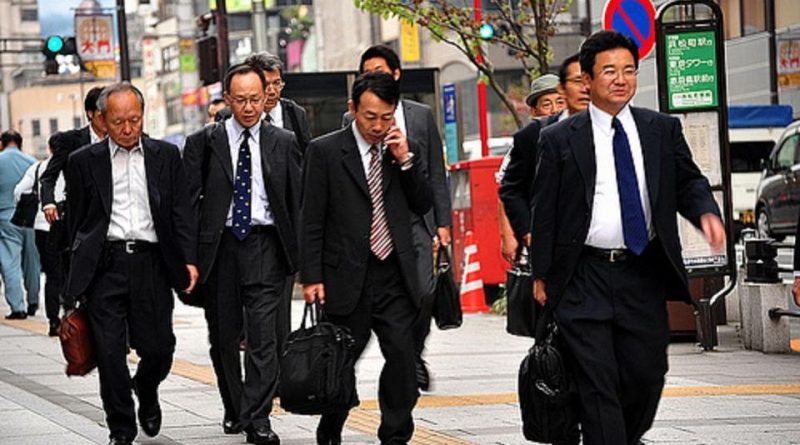CHINA DEFIES CORONAVIRUS TO TOP GLOBAL LISTINGS IN FIRST QUARTER
China edged out the US as the world’s most popular venue for stock market listings in the first quarter, as the coronavirus outbreak ripped through the world’s two biggest economies. Initial public offerings and secondary listings in the Chinese financial centres of Shanghai and Shenzhen raised more than $11bn in the first three months of the year across 50 deals, according to Dealogic data.

That eclipsed the combined haul of the New York Stock Exchange and Nasdaq — which raised $10.5bn from 37 deals — for the first time since 2016. Investors said Chinese IPOs had picked up in response to a powerful rally in local stocks after the markets reopened following the lunar new year in February. The CSI 300 index of Shanghai- and Shenzhen-listed blue-chips has outperformed other global markets during a brutal first quarter, due to the global health crisis. The index is down 10 per cent for the year versus a loss of almost double that for Wall Street’s S&P 500.
Fraser Howie, an independent analyst, said China’s capital markets had suffered less volatility than their global peers during the pandemic, even when swaths of the economy were locked down and traders were confined to their homes. Choppy market conditions often cause companies to shy away from going public, as it becomes harder to price deals. “Instead of trading on their phones from their desk in the office, they were simply doing it from their phone in their home, and they probably had more time without their bosses looking over their shoulders,” Mr Howie said, adding that daily trading turnover for stocks was on average over $100bn during the crisis. The Chinese market is not a good representation of the broader economy” Fraser Howie, independent analyst Other analysts pointed to pent-up demand for capital-raising on China’s stock markets.
Ringo Choi, Asia-Pacific IPO leader at EY, noted that Shanghai’s technology focused Star board, which launched in 2019, had allowed smaller companies to come to the market quickly. IPOs on Star in the first three months brought in $4.1bn across 23 deals. A number of these listings sought to capitalise on rising interest in the biotechnology and pharmaceutical sectors following the outbreak of Covid-19, Mr Choi said. He also flagged strong policy support from Beijing for markets since the start of the year. The $4.6bn listing of state-run Beijing Shanghai Railway Co in early January remains the biggest IPO of 2020 so far. Policymakers have also taken a range of measures to support market liquidity during the pandemic.
But Mr Howie warned that it was too early to tell if China’s capital markets would carry their first quarter momentum into the rest of the year, even if much of the country has returned to work following the outbreak. Some analysts fear China’s economy could be hit later in the year by a fall in export demand from other countries suffering under the virus. “The Chinese market is not a good representation of the broader economy, and I don’t see how anyone can talk about returning to normal when you don’t have global travel,” he said.
